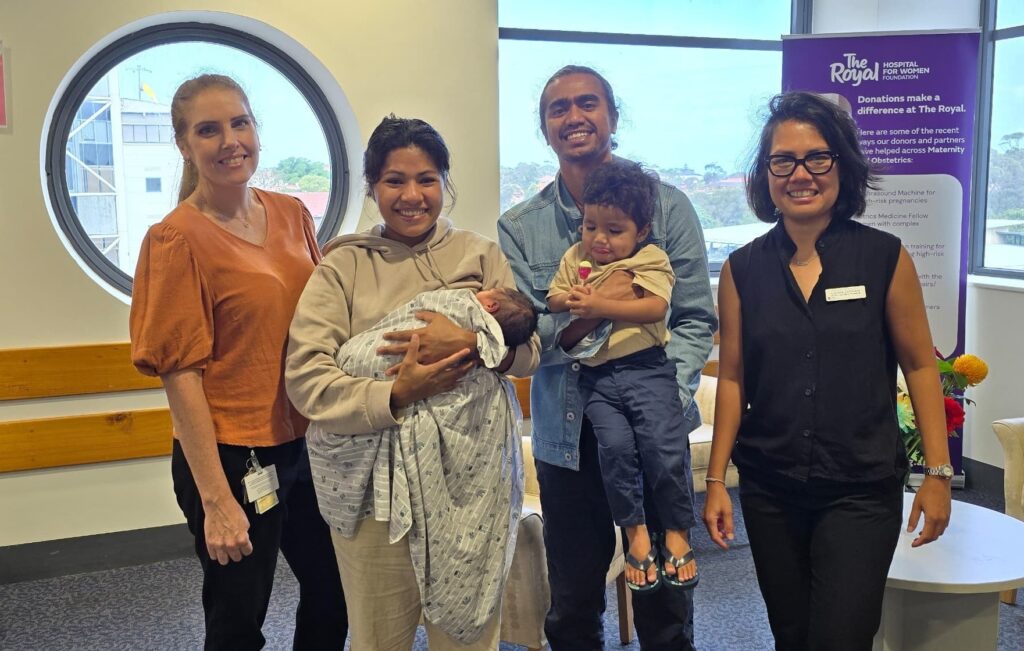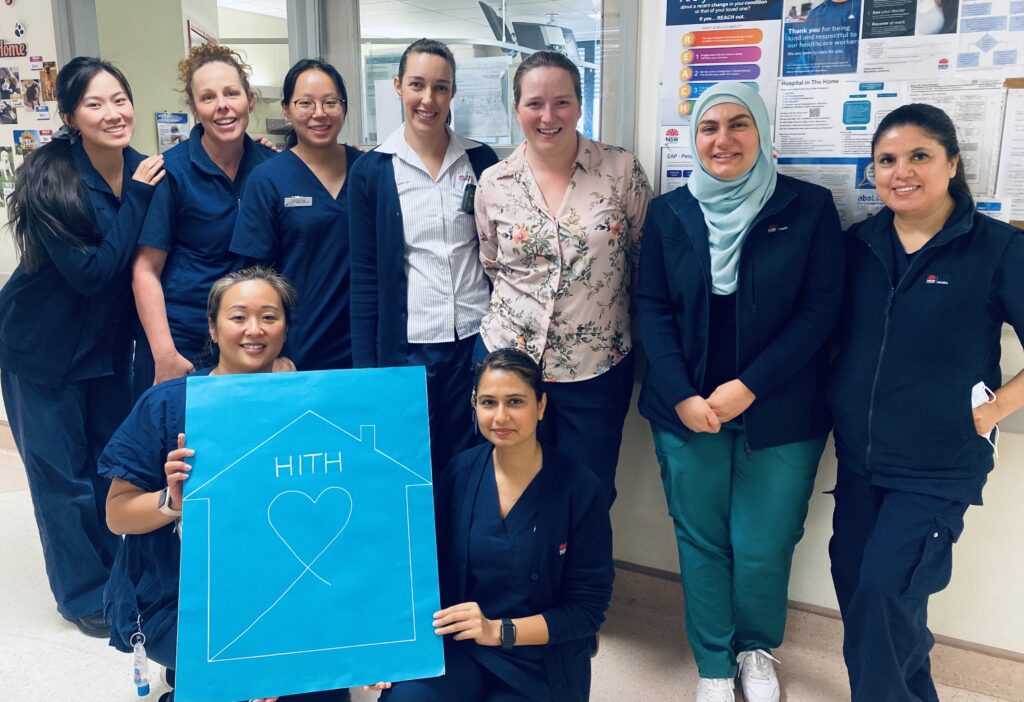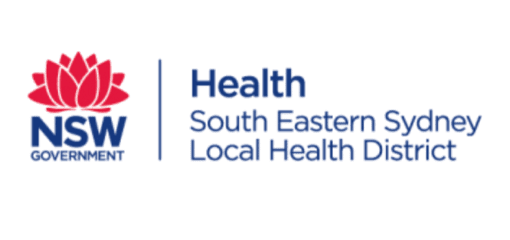NSW Health funding to support new discoveries in neuroinflammation and the neurobiology of schizophrenia
Tuesday, 22 November 2022
Neuroscience Research Australia (NeuRA) researchers have been awarded more than $3 million in funding under the NSW Government’s Schizophrenia Research Grants Program.
Professor Cyndi Shannon Weickert and Dr Tertia Purves-Tyson are the lead investigators on two of the three grants awarded by the NSW Health program to support innovative translational science and preclinical research to improve understanding and treatment of schizophrenia.
Schizophrenia affects one in 100 Australians and roughly 20 million people worldwide. For 70 – 80 per cent of people with schizophrenia, it is a chronic, lifelong condition. Current treatments for schizophrenia are focused only on alleviating psychosis – just one aspect of the condition, are ineffective in approximately 30% of patients, and often have severe side effects.
NeuRA Chief Executive Officer, Professor Peter Schofield AO, welcomed the NSW Government’s funding of this vital schizophrenia research.
“There is an urgent need to characterise the molecular underpinnings of the changes that occur in the brains of people with schizophrenia so more effective treatments can be developed. This funding will enable our researchers to significantly advance our understanding of the neurobiology of this debilitating disorder,” he said.
Professor Cyndi Shannon Weickert, NSW Chair of Schizophrenia Research, Senior Principal Research Scientist, NeuRA and UNSW Medicine & Health, has been awarded $2 million to investigate the impact of neuroinflammation in schizophrenia, particularly in the context of amino acid receptors and dopamine neuron survival. This significant program of research will be carried out in collaboration with Professor Tim Karl and Dr. Rose Chesworth from Western Sydney University, and Professor Kelly Newell at the University of Wollongong.
“This funding will allow us to create new knowledge about changes that occur in the midbrain of people with schizophrenia, with and without inflammation, and determine how these changes impact dopamine regulation. This knowledge will then fuel our identification of new drug targets, assist in the development of novel drug compounds and facilitate the translation of compounds already in clinical trials,” said Prof Shannon Weickert.
Dr Tertia Purves-Tyson, Research Fellow, NeuRA and Conjoint Senior Lecturer, UNSW Medicine & Health, is the recipient of $1 million in funding to understand the molecular mechanisms underlying the benefits of two potential treatments that have shown promise for improving psychosis, negative symptoms and cognitive difficulties experienced by people with schizophrenia.
“People with schizophrenia have a reduced life expectancy of approximately 20 years less than the general population and a suicide rate up to 12 times higher,” Dr Purves-Tyson said. “Knowledge gained from our research will inform decisions on how to improve the efficacy of potential treatments, as well as expand our understanding of the neurobiology of schizophrenia to help identify new treatments.”
Brings together the strengths of four founding organisations









